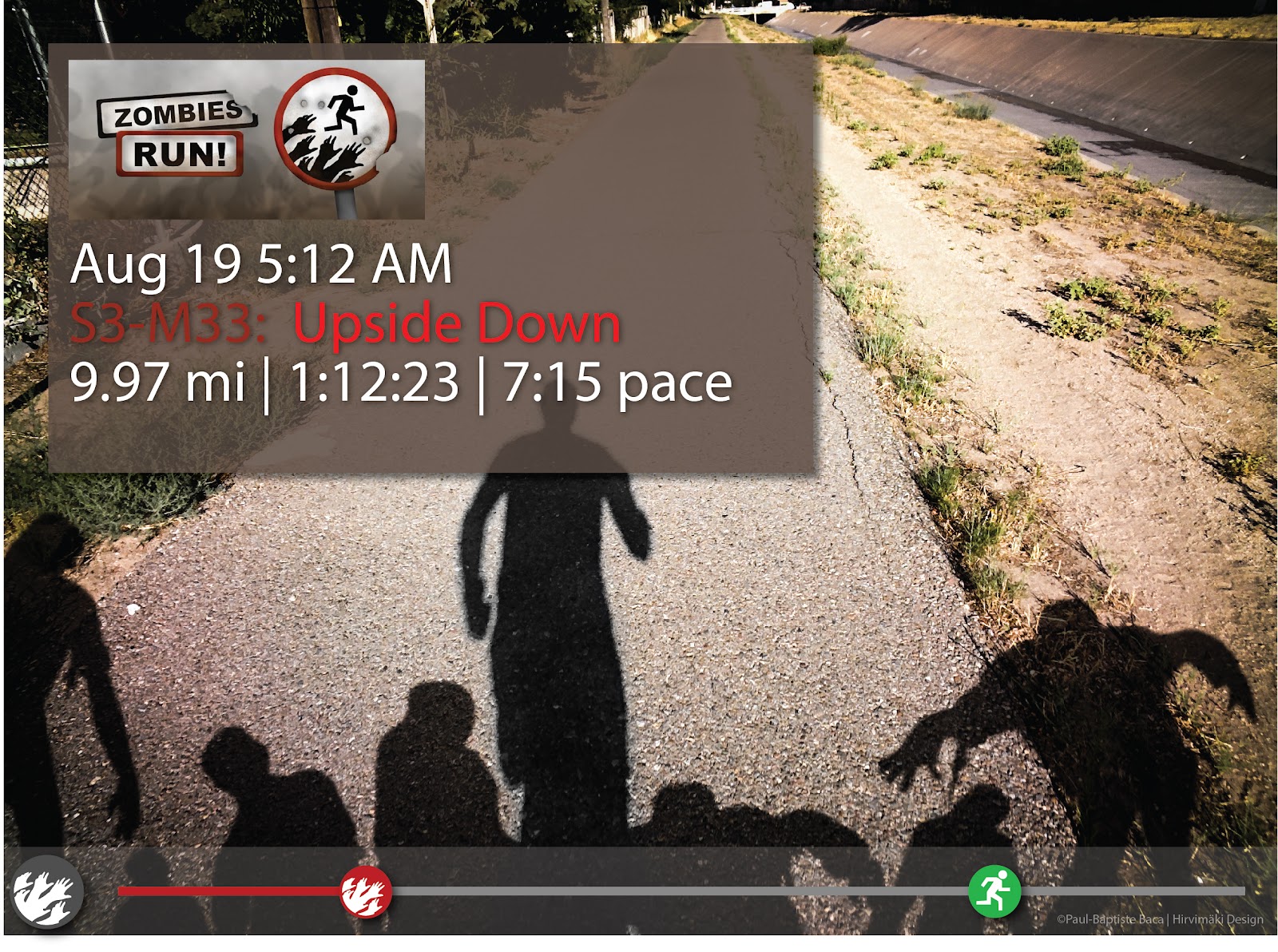Search This Blog
A view from my blue heaven; my life wrapped up in whimsy - random musings and sublime observations.
Posts
Showing posts from April, 2025

Posted by
Paukku
So Long & Thanks for All the Sports Bras
- Get link
- X
- Other Apps
